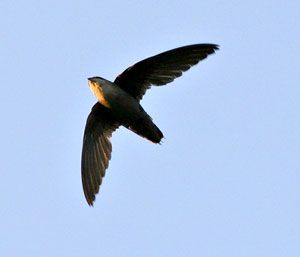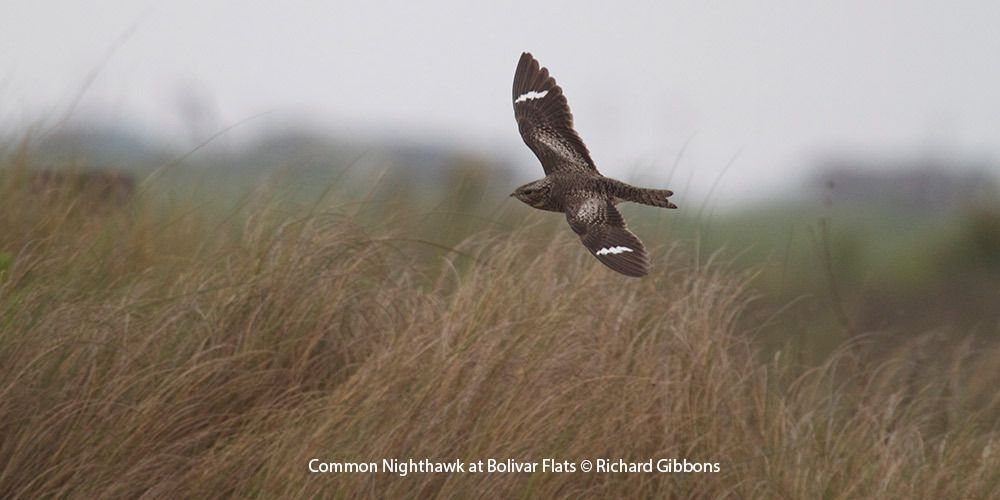
Mosquito-spraying systems have become more popular as families strive to create healthy and pleasant environments for themselves, but the truth is that these sprays are often not healthy or pleasant at all when considering their harmful effects to birds and other wildlife. Backyard mosquito spraying typically works one of two ways. Permanent systems may be installed much like an irrigation system to spray an insecticide solution every day during the morning and evening, regardless of the presence of mosquitoes. Alternatively, treatment sessions can be scheduled every few weeks to spray a property. Treatments target larval or adult mosquitoes with immediate and residual effects, depending on the chemicals used.
Many chemicals used in sprays kill far more than just mosquitoes. Broad-spectrum spraying harms birds for the simple fact that the spray kills their food source (many birds feed on insects). Other chemicals affect birds and wildlife in more complicated ways. They may be absorbed by plants and then transferred to the insects that eat those plants, affecting reproduction and brain function. Targeting any one species can have unintended consequences on the larger system. Mosquito spray can kill dragonflies, damselflies, native bees, frogs, and a range of other wildlife.
Mosquito-control companies may tout their materials as "all natural, created from chrysanthemums." They are referring to pyrethrum which contains neurotoxins harmful to bees, fish, and other aquatic life. These compounds become even more toxic when additional chemicals are added to the spray. A bird-friendly yard is one that avoids harmful pesticides and supports a truly healthy food web.
Tips for Bird-Friendly Mosquito Control
- Keep your bird bath clean and consider adding an agitator, which will keep water moving and may even attract more birds.
- Support Chimney Swift habitat conservation efforts by building a tower or advocating for existing chimney roosts to remain. Chimney Swifts are aerial insectivores and can eat a great number of mosquitoes a day.
- When enjoying time outdoors, try a simple fan to keep you cool, comfortable, and insect free. An oscillating, stand-up fan can be placed near outdoor dining areas with great success.
- Research alternative mosquito control methods such as garlic spray (to be sprayed on garden beds in advance of events) and citronella candles.
Photo above: Chimney Swifts are nature's solution to controlling mosquitoes. Photo by Greg Lavaty.


